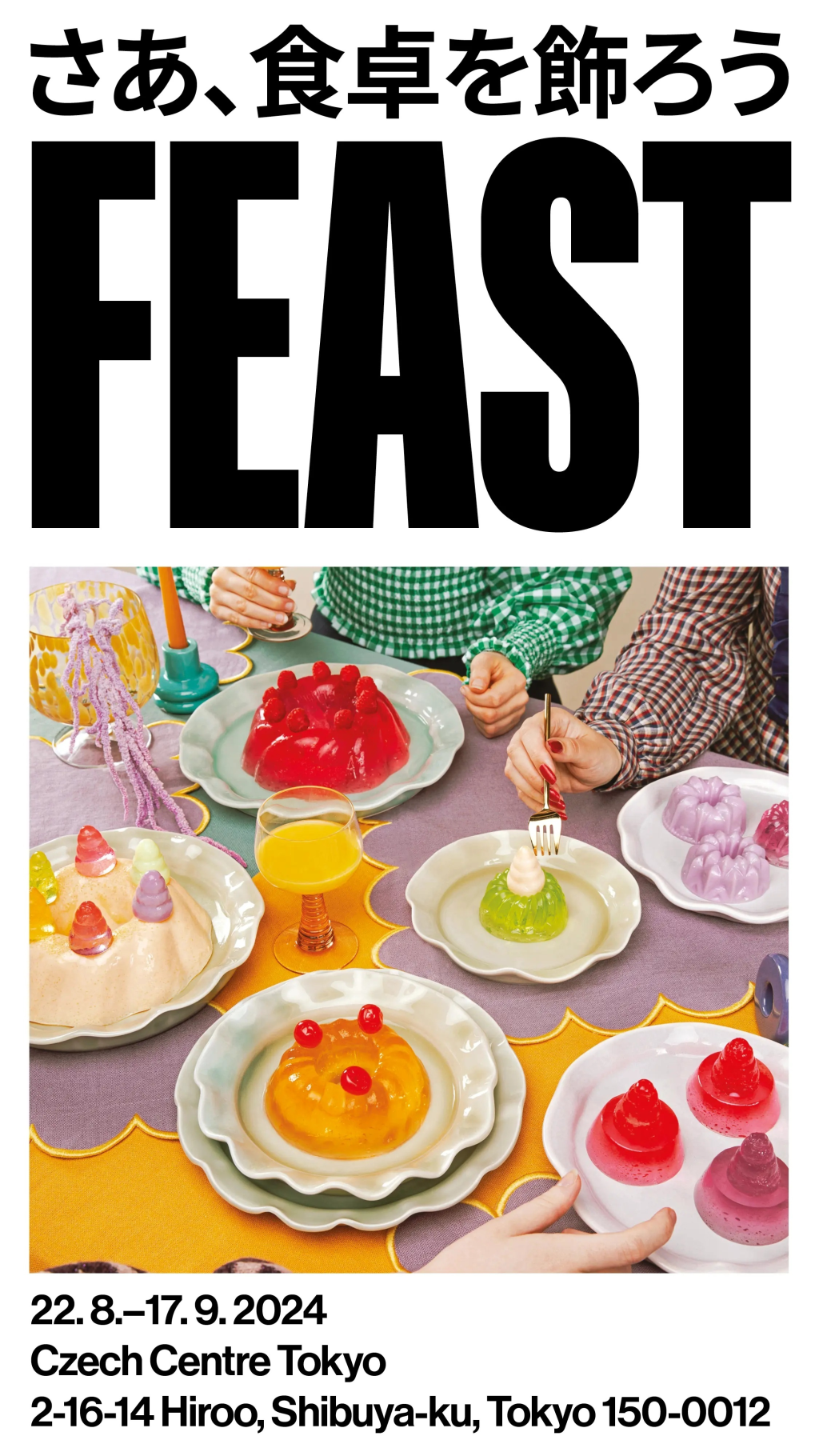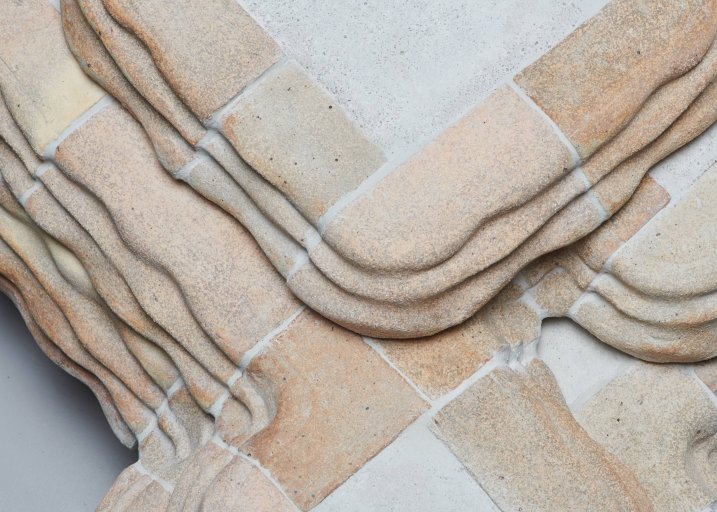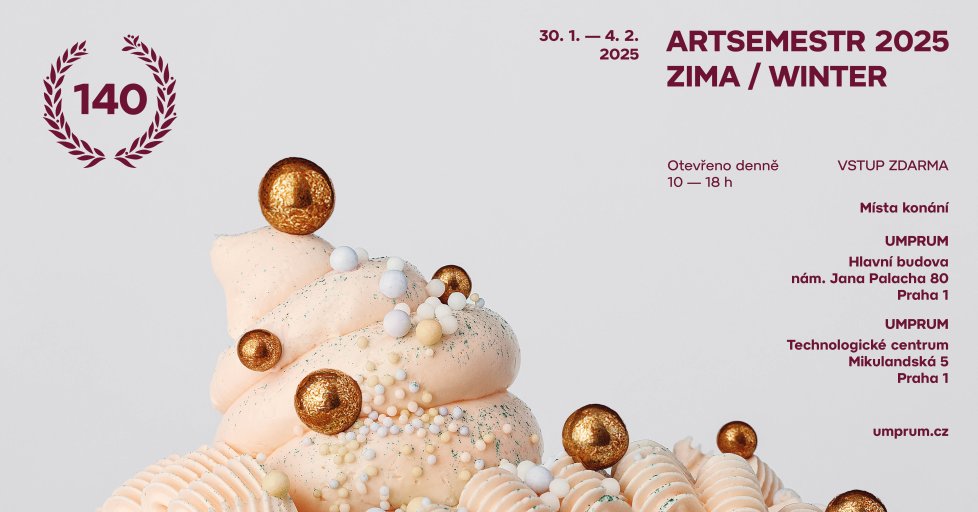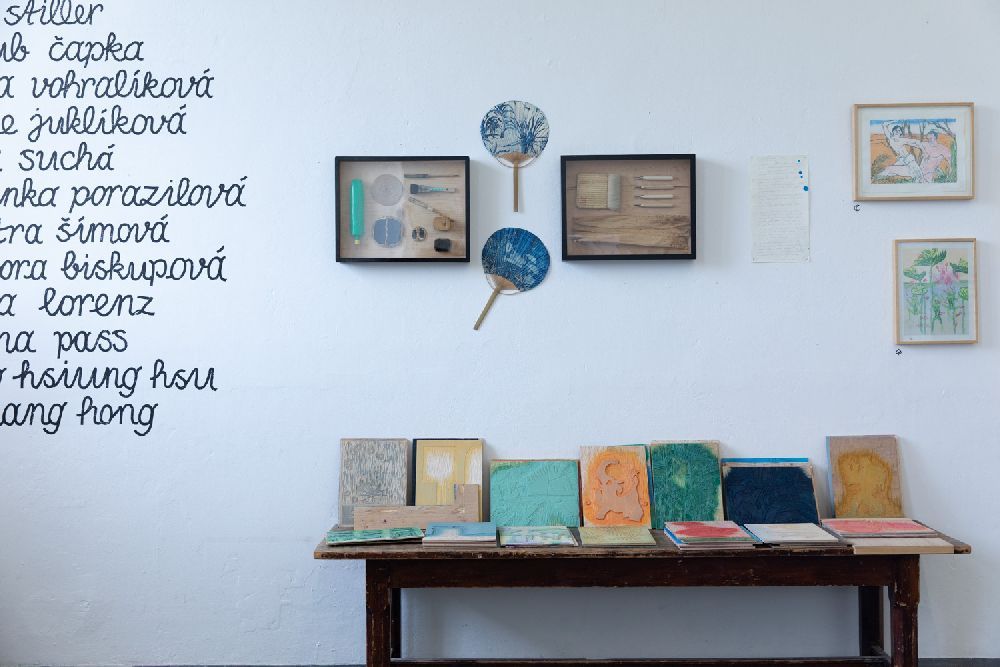Ceramics and Porcelain
Teaching revolves around the 3C model – craft, concept and context.
In the pursuit of excellence, we believe it important not only to link craft
and concept, but also to analyse work on a contextual level. Integrating these wider meanings is a fundamental aspect to creating quality work.
Introversion on one side - exploration of one's interior through a spontaneous contact with clay. Clay as a medium for the recreation of our interrupted relationships with the earth, hidden in the unconscious. Intuitive approximation to the archetypal sediments of collective memory. Return to a spontaneous expression free of ambitions, purpose, aesthetic andother criteria. Authenticity of expression in its genuine raw form - whether in the abstract, figural or conceptual form. Deliberate innovation as an intellectual adventure. New materials or new unexpected combination of known materials. A new view of the function and functioning of the objects - new design. The norms of vulgarized functionalism and rationalism no longer apply. The refreshing lesson of postmodern plurality and unlimited freedom has brought something significant. Everything that follows is subject to more rigid discipline again but just rationality and a matter-of-fact approach are not enough. They combine with playfulness, emotion, wit and often surprisingly elaborated details, achieving unexpected harmony and originality. Geometry is no longer a dogma but becomes poetry.
Design is also an important indicator of the shifts and moods in the society. At the same, it should be also able to anticipate, guide and initiate these trends. This means that it must always be alert, available and open to new impulses. A free circulation of reflections, opinions and ideas. This approach logically implies openness to the so-called free art. The bidirectional inspiring flow of ideas and forms between free and applied art is strong but complex and difficult to decode. The development of both these directions in students should be guaranteed by the assigned tasks, insisting on a free and original way of their accomplishment. Then it depends on the personality of each student and their dispositions which approach will become more important and dominant for them. From a teacher's perspective, it is necessary to cultivate and develop sensitivity in both these directions, being aware that art cannot be taught. We can teach students to learn to know themselves when analyzing tasks and solutions. We can teach craft, which is an important point of departure in our discipline, knowing, however, that sometimes it is necessary to forget the traditional craft production in order to progress forward. We can only help our students analyze internal and external processes, learn to handle the chaos inside and around us and use its intimidating and life-giving function.
ADDRESS
nám. J. Palacha 80, 116 93 Praha 1
GENERAL CONTACTS
251 098 267
HEAD OF THE STUDIO
MgA. Milan Pekař, Ph.D.
milan.pekar@umprum.cz
ASSISTANT
Mgr. Tereza Sluková, Ph.D.
tereza.slukova@umprum.cz

Clay House / new possibilities for connecting ceramics and architecture at Milano Design Week
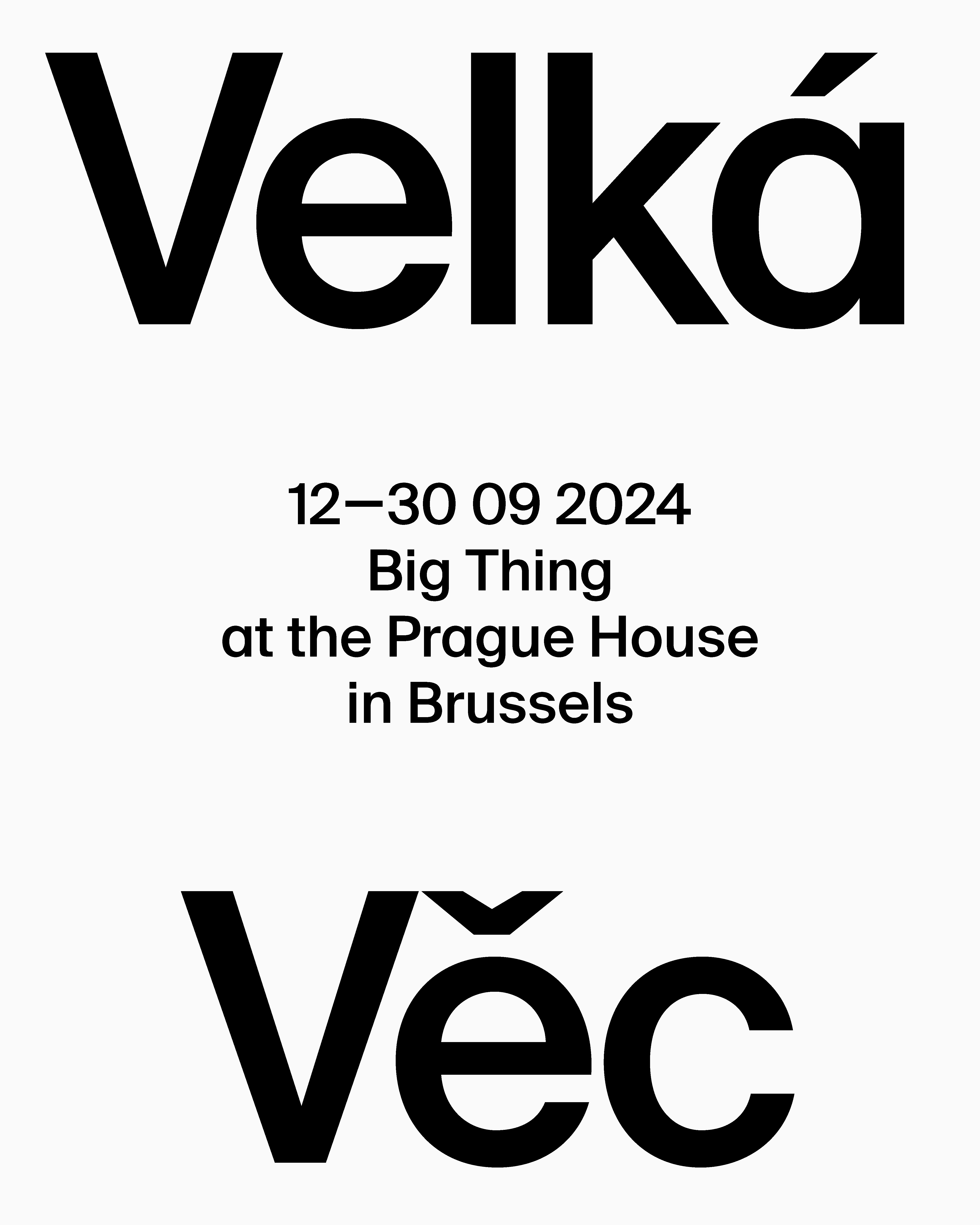
BIG THING - UMPRUM's school-wide exhibition will be presented as part of Brussels Design September
